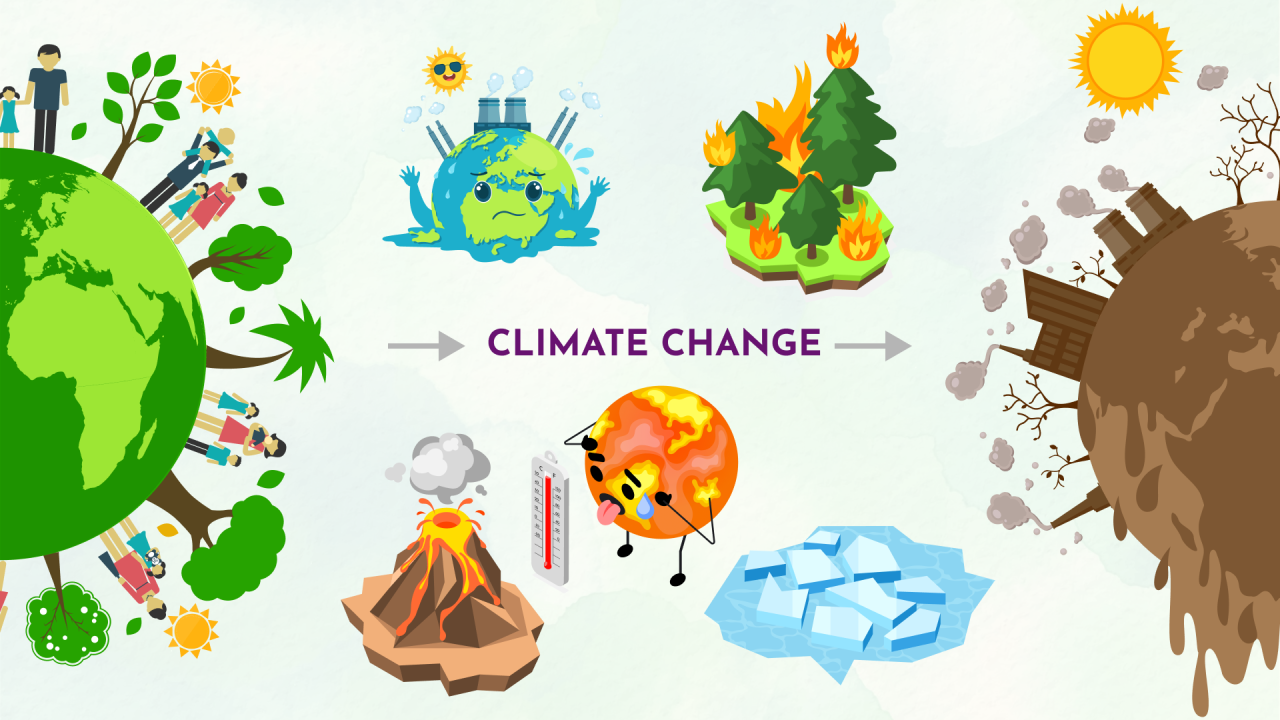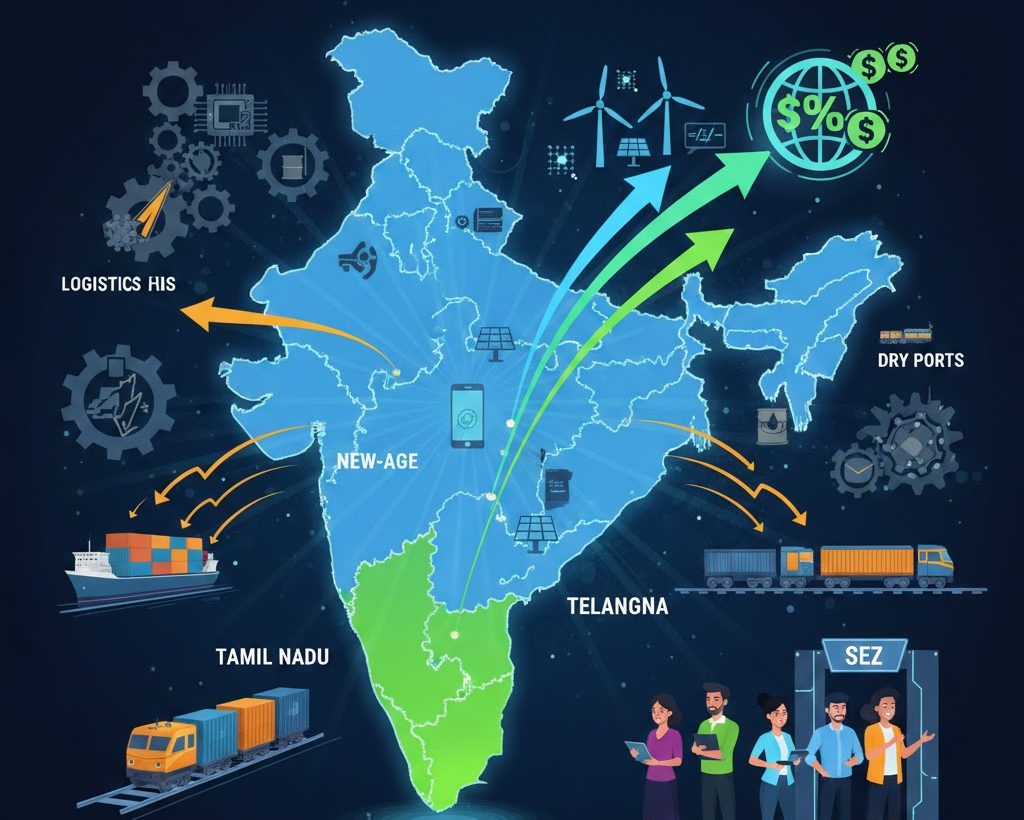Font size:
Print
India’s E-Waste Recycling
Manufacturers Challenge New Recycling Rules Amid Rising Costs and Legal Disputes
Context: India is stepping up its efforts to combat the country’s growing e-waste problem—but not without resistance from some of the world’s largest electronics manufacturers.
More on News
- Companies such as Daikin, Hitachi, Samsung, LG, and others are raising concerns over new government regulations that significantly increase their recycling costs for appliances like air conditioners, refrigerators, and televisions.
- According to court filings and industry communications reviewed by Reuters, the new rules, introduced in September, require manufacturers to pay a minimum rate to certified recyclers.
- The Indian government says the goal is to formalise the largely unregulated e-waste sector and encourage investment in sustainable waste management.
Concerns of Companies
- However, electronics companies argue the new system has sharply escalated their operational costs—reportedly tripling recycling expenses—and created fresh compliance challenges.
- Four companies, including Johnson Controls-Hitachi, Japan’s Daikin, India’s Havells, and Tata Group’s Voltas, have filed legal petitions between November 2024 and March 2025 to overturn the pricing framework.
- They claim the regulations are unconstitutional and exceed the government’s authority under environmental law.
- The legal standoff, previously unreported, is the latest in a series of clashes between foreign companies and Indian authorities over what some view as unpredictable regulatory shifts and protectionist measures.
- The electronics industry is lobbying for the withdrawal of the new pricing rules, warning they will destabilise business operations and potentially lead to higher consumer prices.
India and e-Waste
- India is currently the world’s third-largest generator of electronic waste, behind only China and the United States.
- Yet only 43% of the e-waste produced in the country last year was formally recycled, according to government data.
- A staggering 80% of the recycling sector is still handled by informal workers, whose methods often pose serious environmental and health risks.
- By enforcing a fixed floor price that manufacturers must pay to certified recyclers, the government hopes to bring structure and safety to the sector.
- But companies like Daikin have strongly opposed the move, stating that no previous policy had been designed with the intent of offering financial advantage to one group—recyclers—at the expense of others.
- Voltas, meanwhile, warned of a “cascading effect” that could push up the prices of consumer electronics.
- The sector is a significant part of India’s economy, with a market projected to reach $62 billion in 2025 and an average annual growth rate of 10% since 2021, according to Euromonitor.
Despite the resistance, the government is urging the courts to dismiss the lawsuits and proceed with the implementation of the new recycling mandates. The outcome of these legal challenges could have far-reaching implications for environmental policy and corporate accountability in one of the world’s fastest-growing consumer markets.


